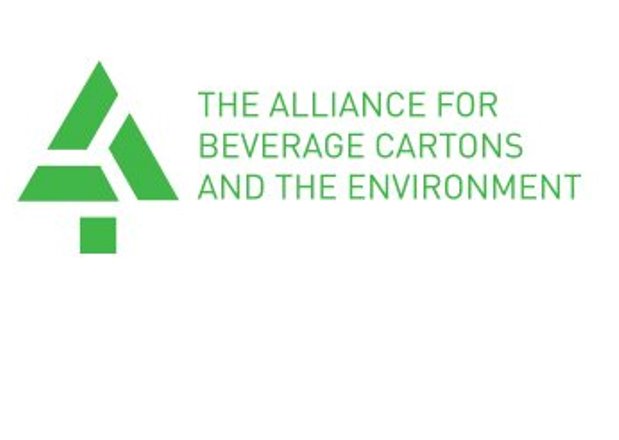ACE, the Alliance for Beverage Cartons and the Environment, and its members BillerudKorsnäs, Elopak, SIG Combibloc, Stora Enso, and Tetra Pak, welcome The European Council conclusion on the EU Forest Strategy that underline the need to strike a balance between the environmental, social and economic aspects of sustainable forest management, and that sustainably managed forests add value to forest owners and our society. The conclusion also positively highlights the importance of promoting sustainable wood-based products and their key role in the EU’s transition to a green, climate neutral and competitive circular bio-economy. ACE would like to take this opportunity to provide its views on the conclusions and the Strategy.
ACE shares the Council’s conclusions regarding the importance of all wood-based products. The role of short-lived wood-based products, notably in substituting their fossil-based counterparts, is as important as long-lived products and we welcome this recognition. Harvested wood is optimally used through the production of long-lived products from the large parts of trees while residues and small parts of the trees are used for the production of short-lived products. The full potential of forests and of forest-based products, including short-lived ones, and how they contribute to the climate goals and circular bioeconomy could better be recognised in the Forest Strategy.
Beverage cartons are mainly made from renewable materials and as such contribute to the EU ambition to become more independent from imported finite materials and to reduce greenhouse gas emissions. The renewable materials currently used in our cartons have lower greenhouse gas emissions than the alternative fossil-fuel solutions as demonstrated by life-cycle assessments (LCA). The Forest Strategy still sees the forest almost exclusively as a carbon sink and does not recognise the entire value chain and the climate benefit that also forest paper-based products contribute to. This ignores the reality of paper-based packaging such as beverage cartons that are:
- Low carbon and hence substituting fossil fuel-based packaging of which carbon footprint is much higher. Reducing the use of low carbon circular packaging would in fact lead to an increase in the overall GHG emissions.
- Protecting mainly perishable food. Food contact materials need to meet both equally important food safety and environmental requirements.
- Recyclable and recycled. The fibres used to produce paper-based products can be recycled up to 20 times, which drastically extends the life cycle of the wood fibres in these applications. Short-lived products have a central role in the circular economy, and it is important that the Forest Strategy to a larger extent recognizes the benefits of short-lived products, including the use of recycled wood fibres in these products and in substitution of their fossil-based counterparts. The use of recycled fibres in food contact packaging requires authorization by competent food safety authorities based on scientific evidence. We recommend a swift drafting and availability of such guidelines for paper as a recommendation to meet the goals of the Strategy and the EU Green Deal.
- Produced from pulpwood and by-products from the production of construction products. The circularity exists at source and end-of-life which is a unique asset of paper-based products. Paper-based products are crucial for using the whole tree in a resource effective way. The use of by-products is a perfect example of a cascading use of biomass as supported by the Commission itself. All different types of products are produced from the same tree and new trees are always planted after harvesting. Consumers need a broad range of products from forests if society will be able to move away from fossil-based products and achieve the climate goals.
Just as the European Council concludes, ACE also expresses doubts on the need for a new certification scheme. Credible voluntary certification schemes for sustainable forest management already exist with broad consumer and market acceptance. Rather than creating a new certification scheme, the EU Commission should support small-scale producers to access the existing certification schemes. All stakeholders can be called upon to engage with the existing schemes to strengthen criteria as needed. The beverage cartons produced by the ACE members are made from fibres coming from sustainably managed forests and a 100% of the paperboard is responsibly sourced in line with globally recognised certification schemes such as FSC and PEFC. For more visit beveragecarton.eu



